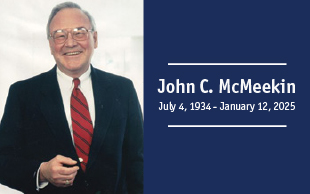With African American History Month in February and Women’s History Month in March, this is one of the times that our attention turns to great pioneers such as Elizabeth Blackwell, Louis W. Sullivan, Solomon Carter Fuller, Joycelyn Elders and Sara Winifred Brown—all great contributors to the fields of health and human services.
Just as we have seen significant advances in the lives of African Americans and women, and in the field of health, much remains for us to do. With our keen focus on data—on science-driven public health—PHMC recognizes that the research shows minority groups experience poorer health status than other groups. Chronic conditions such as diabetes, obesity, HIV/AIDS, hypertension and cardiovascular disease disproportionately affect African Americans and women—particularly women of color. With minority groups expanding as a percentage of the total U.S. population, it is more critical than ever for the future of America’s health that we improve the health of racial and ethnic minorities.
This is why PHMC devotes its resources—every day of the year—to its public health mission of eliminating health disparities by striving for equal access to health education, information and care. We do this through outreach, health promotion, research, planning, technical assistance and direct services. You’ll learn about some of this work as you read this issue of Directions. New Pathways for Women, for example, targets women with substance abuse issues. SHAPE IT, from our affiliate Health Promotion Council (HPC), increases health awareness among African American men. Philadelphia Go Red for Women, a joint program of HPC and our affiliate National Nursing Centers Consortium, helps women reduce the risk of cardiovascular disease. Our affiliate Linda Creed helps uninsured and underinsured women attain the breast cancer screenings and treatment they need. We collaborate with other highly effective organizations such as BEBASHI (Blacks Educating Blacks About Sexual Health Issues) and Black Women’s Health Alliance as well as many others. And we truly represent the communities we serve with more than two-thirds of PHMC’s staff from diverse ethnic and cultural backgrounds, 72% of them women.
Thank you for the support and friendship you give to PHMC. It is because of you that we enjoy the tremendous privilege and opportunity to try to make significant strides in the health of African Americans, women, and all people in our region, regardless of their race, ethnicity, gender or circumstances.
Yours in public health,
![]()
Richard J. Cohen, Ph.D., FACHE
President and CEO of PHMC





